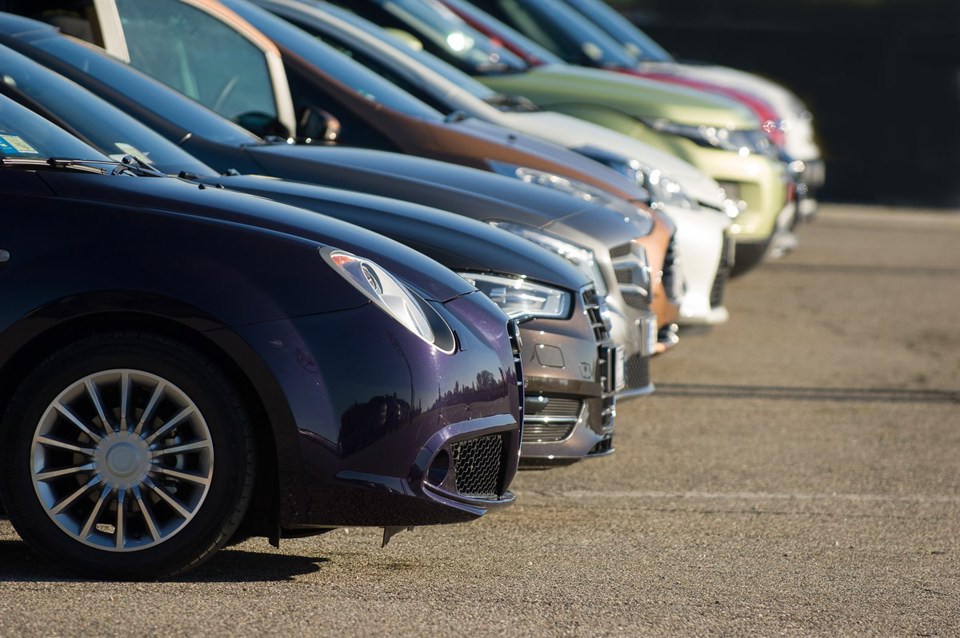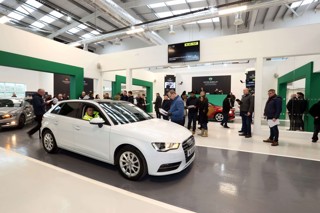Cox Automotive has revised its quarterly and full-year used car market forecasts to reflect the changing shape of the market better.
Despite signs of an end to significant rises in used vehicle values, the lack of new available stock means an imminent drop in pricing is unlikely, the company says.
In its latest analysis, Cox Automotive believes values for the majority of sub-sectors will take years to return to pre-pandemic levels, as reflected in its revised full year used car forecasts.
In the best-case scenario, it predicts 2022 will end on 7.21 million transactions, falling 4.2% year-on-year, 2.2% below the 2001-2019 average and a 9.1% decline on Q4 2019 figures. This represents a 7.3% downgrade on the company’s previous forecast.
Philip Nothard, insight and strategy director at Cox Automotive, said the changes reflect a 31 million shortfall in new vehicles over the past two years, which will cause supply constraints within the used car market.
He explained: “The used car market has been grappling with a shortage of vehicles for some time. This, coupled with high demand, has caused prices to rise to record levels. While the sector has become accustomed to fewer vehicles and higher prices, the full extent of the global new vehicle shortfall will have a significant effect in the coming months.
“Challenges exist mostly in the zero to six, and sub-12-month market, although we will soon see more of the same within the one-to-three-year sector, particularly over the next 24 months. Eventually, shortages will trickle down to the late three-year and five-year market.”
In the latest issue of its quarterly insight roundup, AutoFocus, Cox Automotive outlines a range of scenarios to predict the best, middle and worst-case outcomes for the used vehicle market based on current market data. Its best-case scenario for Q3 forecasts 1.94 million transactions, a 4.5% decrease year-on-year, 1% above the 2011-2019 average. This represents a 6.4% reduction on pre-pandemic figures. Q4 is forecast to end on 1.68 million transactions, a 2.6% increase year-on-year, up 2% on the 2001-2019 average and 6.7% lower than figures recorded in Q4 2019.
Cox Automotive’s baseline and most likely scenario sees Q3 end on 1.89 million transactions, 7.3% down year-on-year, 2% down on the 2001-2019 average, and 9.2% down on Q4 2019 figures. In this scenario, Q4 ends on 1.63 million transactions (0.4% down year-on-year), 1% below the 2001-2019 average, and 9.4% down on 2019 figures.
The worst-case scenario from Cox Automotive sees Q3 2022 end on 1.83 million transactions, a 10.1% decrease year-on-year, 5% below the 2001-2019 average, and 12% down on 2019 results. Similarly, Q4 2022 would end on 1.60 million transactions (2.4% down year-on-year), 3% below the 2001-2019 average, and 11.3% down on 2019.
























Login to comment
Comments
No comments have been made yet.